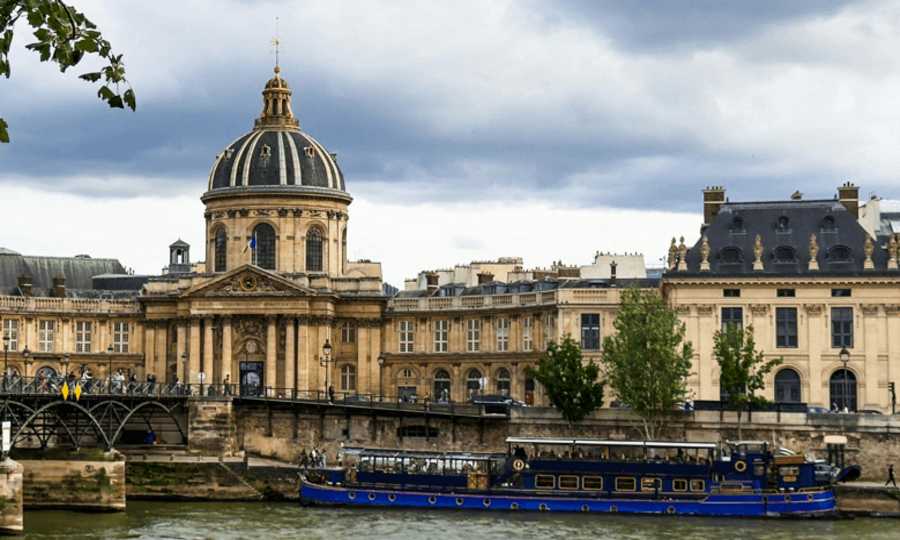
Paris, August 27, 2025 — France is once again standing at the edge of a political cliff. Prime Minister François Bayrou faces a confidence vote in parliament this week that observers widely expect him to lose, a development that could throw the eurozone’s second-largest economy into fresh uncertainty.
Financial markets have already signaled unease. Bond yields crept higher on Tuesday, while investors closely watched the euro’s performance against the dollar. Analysts caution that the loss of political direction in Paris risks delaying critical reforms on fiscal consolidation, pensions, and energy transition — reforms that international markets had treated as signals of France’s economic resilience.
“A prolonged vacuum at the top of government could erode confidence in France’s capacity to manage its public debt,” noted one senior strategist at a European investment bank. “Markets may tolerate political theater for a short time, but not indefinite paralysis.”
The economic story, however, is inseparable from the social one. France has been wrestling with simmering discontent over rising living costs, wage stagnation, and an overstretched welfare system. Recent weeks have seen renewed strike threats from transport and healthcare unions, further underscoring the social pressures weighing on the government.
For many French citizens, the looming parliamentary drama is more than political intrigue; it is a reminder of how fragile the country’s governance has become. “We are tired of instability,” said one Parisian commuter. “The cost of food, energy, rent — it all rises, but politicians only fight among themselves.”
The political crisis also carries implications for Europe. At a time when the European Union faces challenges ranging from energy security to geopolitical tensions with Russia, instability in Paris could complicate collective decision-making. France, alongside Germany, has historically served as an anchor for European integration. A distracted French leadership would weaken that dynamic at a critical juncture.
Should the Prime Minister fall, President Emmanuel Macron will be forced to navigate a fractured parliament, potentially seeking a new coalition or even risking fresh elections. Both paths carry risks of further economic hesitation and social unrest.
For now, France stands at a delicate intersection: between the financial markets’ demand for stability, and the public’s growing impatience with political gridlock. The outcome of the confidence vote may determine not just the survival of a government, but the trajectory of France’s economy and society in the months ahead.
Lorem ipsum dolor sit amet, consectetur adipiscing elit. Suspendisse varius enim in eros elementum tristique. Duis cursus, mi quis viverra ornare, eros dolor interdum nulla, ut commodo diam libero vitae erat. Aenean faucibus nibh et justo cursus id rutrum lorem imperdiet. Nunc ut sem vitae risus tristique posuere.